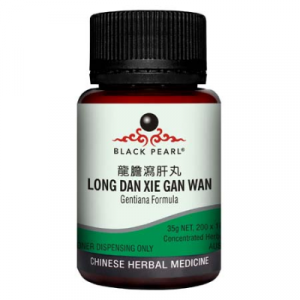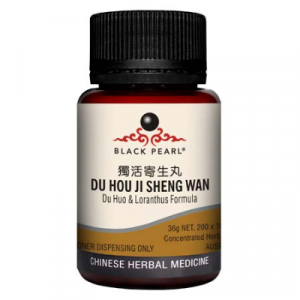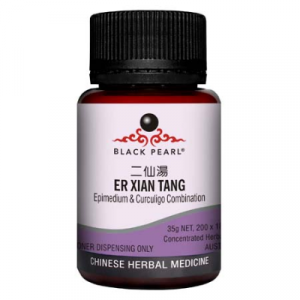Indication
This popular variant of Xiao Yao San (Bupleurum and Dang-gui Formula BP031) was first recorded in the ‘Summary of Internal Medicine’ (nei ke zhai yao), edited by Wen Sheng, mid 19th century. The base formula, however is from the ‘Formulary of the Tai Ping Welfare Dispensary Bureau’ (tai ping hui min he ji ju fang), which was compiled some eight centuries previously.
The latter formula addresses Liver Qi constraint that occurs against a background of Qi and Blood deficiency. While there are several conditions that may be associated with Liver Qi constraint, there are three common ones:
1) Liver Blood deficiency (the Liver Qi and Liver Blood form a complementary Yin-Yang pair: the Liver Blood supports the Liver Qi. When the Liver Qi fails in its normal functions, i.e. becomes deficient, the Liver Blood may also become depleted).
2) Spleen Qi deficiency (due to failure of the Liver Qi to regulate and promote Spleen function)
3) Heat or Fire (which develops as a result of the transformation of stagnant Qi).
While Xiao Yao San (Bupleurum and Dang-gui Formula BP031) addresses the first two; Jia Wei Xiao Yao San (Bupleurum and Peony Formula BP013) – with the addition of two extra herbs – addresses all three.
It should be noted that in cases with Qi and Blood deficiency, the Heat that is generated by the stagnant Liver Qi is less intense in comparison to the Heat of a pure excess Heat syndrome, such as Liver Fire. Thus, the Heat clearing action of the two additional herbs has been moderated by specific pre-processing, which also lessens their impact on an already weakened









Reviews
There are no reviews yet.